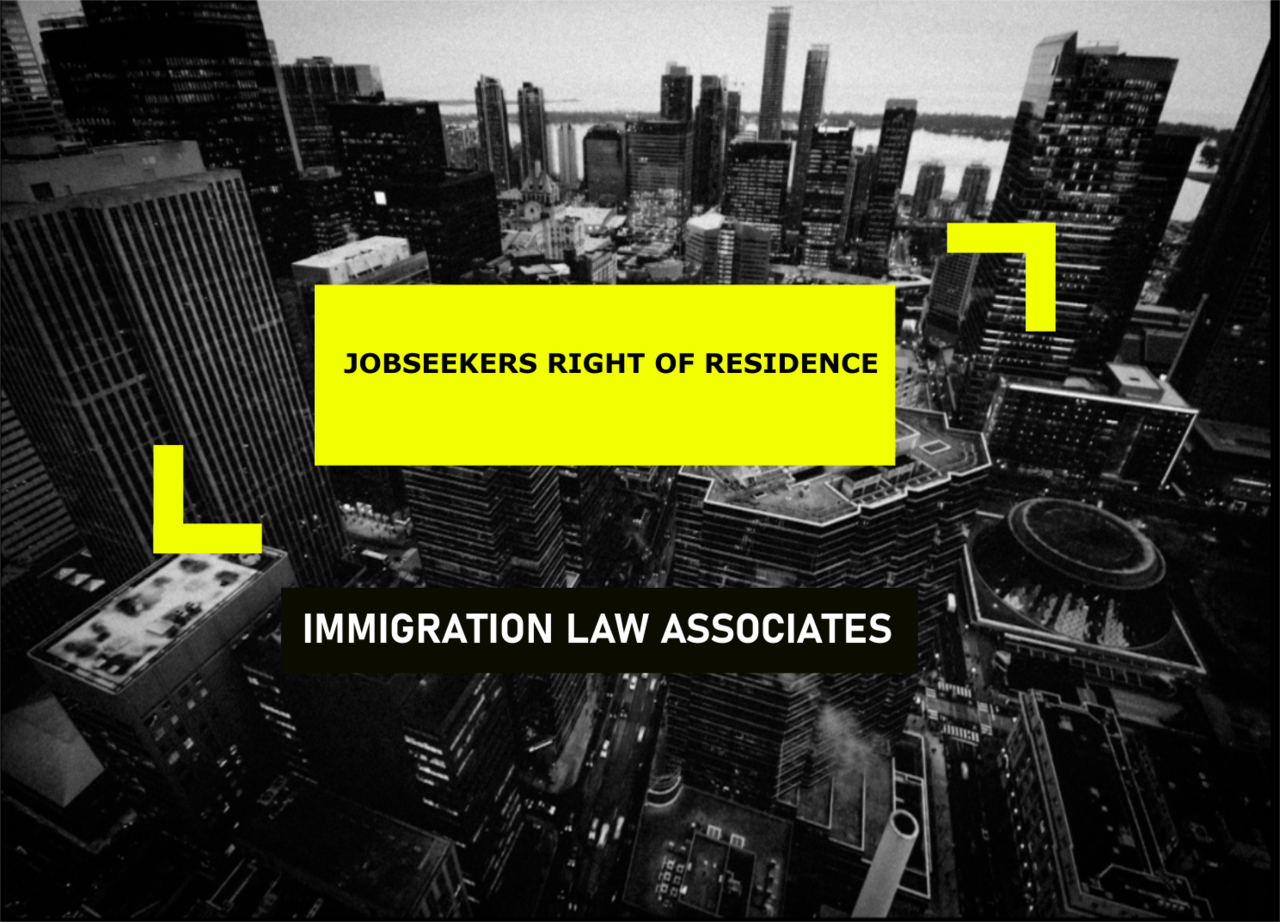Jobseekers’ right of residence

Jobseekers’ right of residence
In G.M.A (C-710/19), the European Court of Justice is called upon to rule on jobseekers’ right of residence within the territory of host Member States.
The case in the main proceedings
The Belgian Immigration Office rejected an application for a certificate of registration as a jobseeker, lodged by a Greek national. The decision refusing permission to stay for more than three months, was grounded on the fact that the applicant could not provide evidence that he has a genuine chance of being engaged.
Pursuant to Article 40§4.1° Belgian Aliens Act transposing Article 14(4)(b) Directive 2004/38/EC, jobseekers’ right of residence for more than three months, is granted if the latter can provide evidence that they are continuing to seek employment, and that they have a genuine chance of being engaged.
In Antonissen (C-292/89), the ECJ ruled that “It is not contrary to the provisions of Community law governing the free movement of workers for the legislation of a Member State to provide that a national of another Member State who entered the first State in order to seek employment may be required to leave the territory of that State (subject to appeal) if he has not found employment there after six months, unless the person concerned provides evidence that he is continuing to seek employment and that he has genuine chances of being engaged”.
Question referred to the ECJ for preliminary rulings
The first question referred by the Belgian Council of State, is rephrased by Advocate General Szpunar as follows : the “question must be understood as asking, in substance, whether Article 45 TFEU and Article 14(4)(b) of Directive 2004/38 must be interpreted in the meaning that the host Member State is obliged, first of all, to grant a reasonable period of time to a job-seeker to enable him or her to acquaint himself or herself with offers of employment likely to be suitable and to take the necessary steps to be engaged, secondly, to recognise that the period for seeking employment may in no case be less than six months and, thirdly, to allow a job-seeker to be present in its territory for the entire duration of that period without requiring him or her to prove that he or she has a real chance of being engaged”.
The Opinion delivered by AG Szpunar
Underlying that under Article 14(4)(b) Directive 2004/38/EC the jobseekers’ right of residence must be interpreted as being directly guaranteed by Article 45 TFEU (as interpreted by ECJ case-law), the AG develops a detailed analysis of the ECJ rulings in Royer (48/75, EU:C:1976:57), Antonissen (C‑292/89, EU:C:1991:80), and Commission v Belgium (C‑344/95, EU:C:1997:81).
1 The right of residence for up to three months is under Article 6 Directive 2004/38/EC.
EU nationals who are seeking employment in the host Member State for the first time, may register in the capacity of jobseeker, before or upon expiration of that period. However, such a registration triggers the applicability of Article 14(4)(b) Directive 2004/38/EC.
2 Upon registration in the capacity of jobseekers, EU nationals must be given a reasonable delay to search for a job.
To benefit from such a delay, and only upon completion of the initial period of three months under Article 6 Directive 2004/38/EC, EU nationals must bring proof that they are searching for a job considering their professional qualifications.
The AG pleads for a fixed delay to be provided for by EU law, however, “the Court cannot take the place of the Union legislator, and it is the Union legislator's task to introduce such a time limit”.
3 Upon completion of a reasonable delay, to retain the right of residence, jobseekers must provide evidence that:
- they are continuing to seek employment and
- they have a genuine chance of being engaged
To that extent, the AG suggests certain criteria : “whether the applicant is registered with the body responsible for jobseekers, periodically sends applications (a curriculum vitae plus a covering letter), or attends interviews for offers of employment corresponding to his or her professional qualifications”.





Please sign in or register for FREE
Sign in OR sign up to become a registered The Forum for Expatriate Management website user
Subscribe here